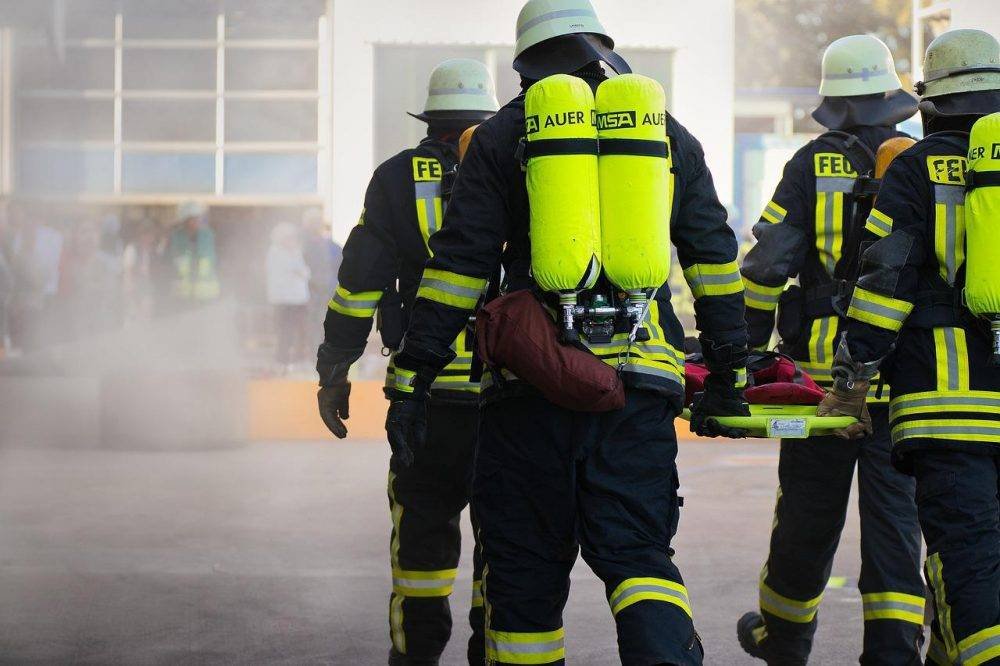When you write a good resume, you’ll need to take into account your intended audience. If you’re looking for a job as an office manager, for example, you need to highlight leadership and organizational skills. On the other hand, if you’re applying for a retail job, you’ll want to focus on your experience working in retail stores.
Tips for Write a Good Resume
Formats
When writing a resume, there are various formats to use. Functional resumes, for example, focus on skills and work history rather than experience and chronological order. These resumes are useful for job seekers with gaps in employment or for those who are transitioning from one career to another. They highlight your skills and abilities and demonstrate how they transfer to the new role.
If you are changing careers, the combination format is recommended. It highlights your transferable skills and your leadership achievements. The combined format is most likely to be processed by the applicant tracking system (ATS) and is also easy to read. Regardless of the format you choose, make sure you include your contact information and links on your resume. Also, include a brief objective and summary. Finally, write a professional title that matches the position you’re applying for.
Apart from your work experience, your resume should highlight your soft skills, such as the ability to communicate effectively. While some jobs require specific technical skills, others require soft skills such as the ability to work as part of a team. Make sure you emphasize your skills and abilities that are relevant to the job posting. The font that you choose for your resume should be readable and elegant, and shouldn’t be too light.
Sections
Sections of a resume can be divided into three main categories: work experience, education, and skills. In the first section, your objective should be clear and summarize your most relevant areas of expertise. The second section should summarize your work history. Finally, you should include a summary of your technical, communication, and supervisory skills. Your resume should also include any coursework or experience that is directly related to the position you are seeking.
You should not include hobbies or interests unless they are directly relevant to the position. However, if they are, you should list them in chronological order. Another useful section is your community involvement. This can be useful for companies that value social responsibility. Make sure you format this section similarly to your work experience section.
Your contact information section should include your name, address, phone number, and email address. You can also include a link to your LinkedIn profile if you have one. While it is not required, it is highly recommended to include this information on your resume.
Objective statement
The Objective statement in resume writing is the top part of your resume. It introduces you to the hiring manager, so make sure it’s compelling. It’s also a great place to use persuasive language. This will help keep the hiring manager’s attention. If you’re applying for a job with high competition, you’ll need to stand out.
This section should include details such as your experience and skills, what you want out of the position, and your ambitions. Include details such as any volunteer work, internships, and part-time jobs. If you’re a recent graduate, you can also include any relevant school studies. Make sure your objective statement is relevant to the position.
Your objective statement is a great way to catch the employer’s attention and convince them to hire you. It should persuade them to keep reading your resume and contact you for further information. Your objective statement should be two to three sentences long. The objective should reflect your short-term career goals.
Bulleted list of skills
In resume writing, using a bulleted list of skills can be a good way to showcase your skills and achievements. However, when using bullet points, make sure to only include important information. Use them to highlight skills you have learned through work experience or to highlight the ways you contributed to a company’s goals. Then, organize them in order of importance. Make sure to avoid starting the bulleted list with simple words, but rather use action verbs.
A bulleted list of skills should only contain skills that are directly related to the job description and related to the job. It is not necessary to include every skill you have, but it can help your resume rank higher in the applicant tracking system. While it may sound good, remember that merely listing skills do not guarantee the recruiter’s belief in you. You should add additional context for these skills elsewhere in your resume.
If you have a particular skill, such as front-end web development, include details about your certifications and proficiencies. Likewise, if you’re an accounting or bookkeeping professional, make sure to include your knowledge of GAAP and SEC reporting. CAP or MOS certifications can also be helpful. Accounting or bookkeeping skills include skills such as invoicing, collections, and payments, as well as accounting software. Also, make sure to highlight your strong writing skills.
Education
If you’ve attended school, college, or trade school, include it in your resume. This will show that you’ve had the proper training and knowledge to be successful in the field you’re applying for. It’s also a good way to highlight your goal-oriented nature. Formal education can be useful for your current career path, as it shows you’ve excelled in a high-learning environment. Include your education and training in the right order, so that you can show the appropriate skills for the job description.
When writing a resume, it’s important to remember that the education section is one of the most important parts of the document. Since education is a core competency, it’s a good idea to place it above your work experience. However, if you’ve already gained a considerable amount of work experience, you can place your education section after your work experience.
While there are many ways to make an education section effective, a great resume writer should remember to consider the length and format of the section. The length of the section depends on the position you’re applying for. If you’ve graduated in the past, a short section is fine, while recent graduates and students should use a longer section.
Awards
One of the best ways to show your achievements is to include awards in your resume. Not only will they show that you’ve put in the effort, but they will also give your readers a sense of context. If you’ve received an award for a particular job or activity, it’s helpful to mention its context and how you applied for the award.
For example, if you’ve won an award in a college basketball competition, you might want to include this in your resume. You can also include awards you’ve won outside of work, like those for volunteering. Just make sure that the awards you list are relevant. You also don’t want to brag about how many awards you’ve won.
Including awards on your resume can make you stand out from the crowd. When you have a lot of job applicants with similar qualifications and experiences, listing your achievements will give you the edge. Awards are official recognitions of your work, whether it be from a school or company, a group that evaluates and regulates the industry, or a city or state organization.
Volunteer experience
Volunteer experience can be an excellent way to impress prospective employers. If you’re a recent grad, you might want to highlight volunteer work on your resume in addition to internships, leadership positions, and mentorship programs. It’s best to measure your accomplishments in these roles against your desired job skills. For instance, if you’re a farm volunteer, you can note how you helped organize and plan agricultural events in your community.
Your volunteer experience may be relevant to the job application process, and you should include a short blurb describing your role. You can also include your major contributions and achievements. You can also use an unofficial job title for your volunteer experience, like “a volunteer for X nonprofit organization.” It’s important to use terms and titles that prospective employers will recognize and understand.
Using volunteer experience in resume writing is an excellent way to make your application stand out in a competitive job market. In fact, on average, a job posting receives 250 applications, and your resume should make you stand out among your competition.
Certifications

Certifications in resume writing are a great way to demonstrate your expertise and increase your client base. Certifications can help you brand yourself as an industry expert and attract niche clients. Certifications are available in 15 specialty areas. These designations can help you differentiate yourself from other resume writers and make you stand out from the competition.
Certifications are offered by professional associations. Professional resume writing organizations ensure the high level of professional knowledge and expertise of their members. Certified members of these organizations have extensive training and extensive experience in the field. Resume writing experts with certifications have been evaluated and vetted by top industry experts. In addition, certified executive resume writers have proven their writing expertise.
Conclusion
Moreover, resume writing workshops teach essential elements of an effective job search campaign. Besides, they also provide valuable tips on resume and cover letter writing. The workshops usually feature peer workshopping and individual consultations with the instructor.


